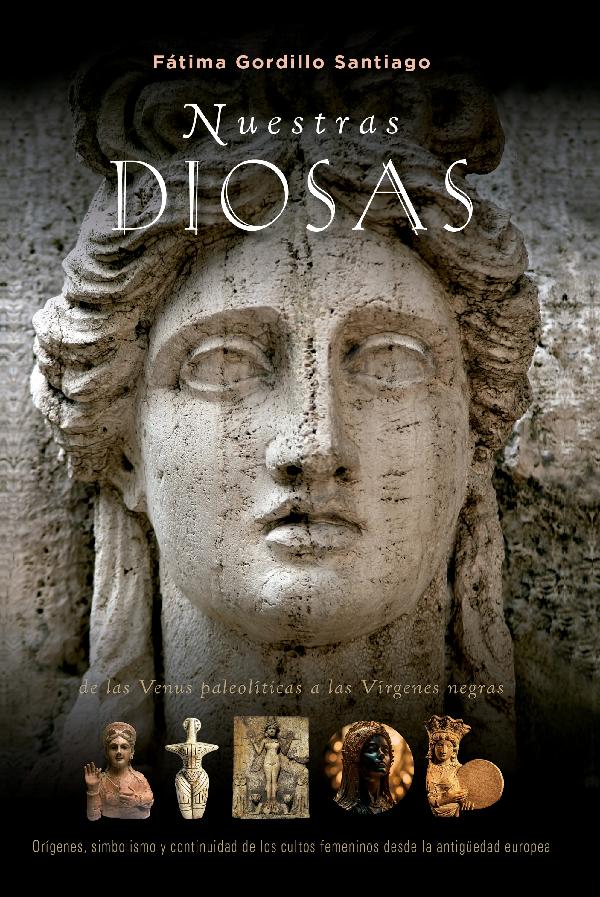- Choosing a selection results in a full page refresh.

Author: Fátima Gordillo Santiago
Couldn't load pickup availability
Free standard shipping on all orders
We can ship to virtually any address in the world. Note that there are restrictions on some products, and some products cannot be shipped to international destinations.
When you place an order, we will estimate shipping and delivery dates for you based on the availability of your items and the shipping options you choose. Depending on the shipping provider you choose, shipping date estimates may appear on the shipping quotes page.
Please also note that the shipping rates for many items we sell are weight-based. The weight of any such item can be found on its detail page. To reflect the policies of the shipping companies we use, all weights will be rounded up to the next full pound.
The main idea of this book, which abounds in words, dates and data, is basically very simple. It is about continuity. Not in the sense of a culture that ends after a time, of gods that disappear and, in their place, other cultures appear with other similar gods. It is not a continuity of diverse peoples with their diverse interests and cults. We are talking about the thread that binds all beings together from the beginning of history like the beads of a necklace. Although the Romans may seem very different from the Hindus, the Scythians or the people who painted Altamira, the truth is that their interests, their concerns and their perceptions of the transcendent were not so different. In what we call human beings there is an essence that takes on apparently different cultural or religious forms over time and space, but there is something in all this that continues, that continues to live and pulsate from the time the first human being became aware of himself until now. That ‘something’ took, over time, different names and appearances in women's cults from the most remote antiquity to the present day. Whether we call them Saraswati, Cybele, Kubaba, Hecate, Artemis, Anaitis, Demeter, Ishtar or Mary, they are considered different goddesses in different cultures; however, all of them, all our goddesses, come from the same mother, the Goddess. Each and every one of them is also the Goddess.
Pages: 232
Imprint: Obelisco
Format: Paperback
BISAC Code: REL000000
Subscribe to our newsletter to receive information about the latest releases, news from our publishers, events and author presentations and get 10% off your first order.
Thanks for subscribing!
This email has been registered!